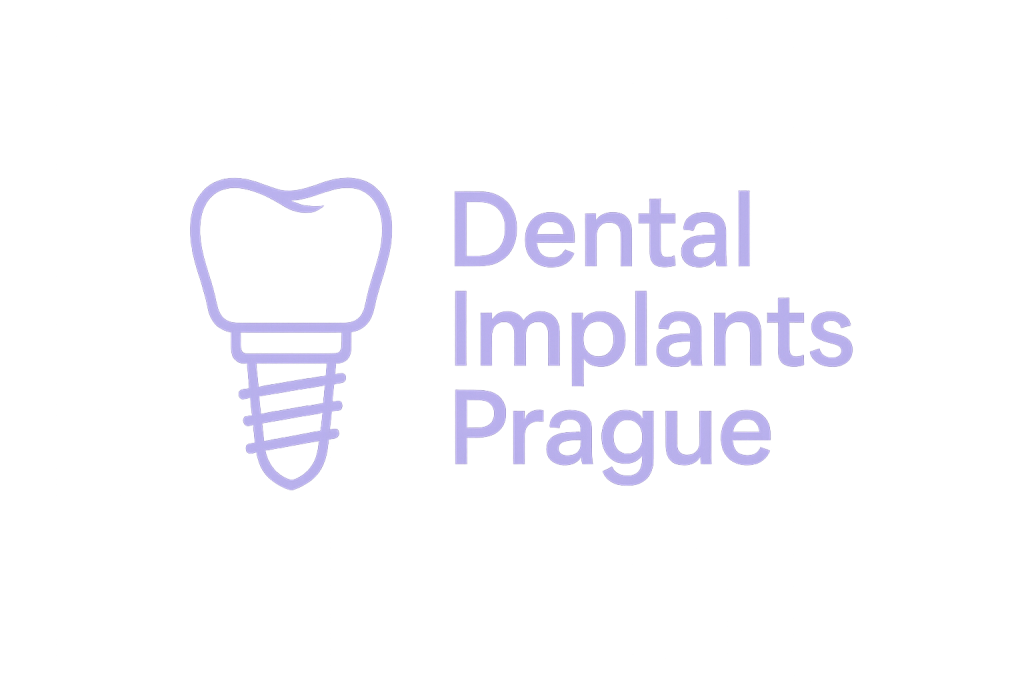Maintaining basic dental health doesn’t need to be complicated, but it absolutely needs to be consistent. If you’ve ever felt frustrated by recurring dental issues—be it cavities, gum sensitivity, or persistent bad breath—you’re far from alone. These problems aren’t just uncomfortable or embarrassing. They can spiral into more serious conditions if ignored.
So, what can you actually do about it?
Let me show you how to stay ahead of common issues with a few practical dental care tips that I recommend to all patients who visit us at DentalImplantsPrague.com. These aren’t flashy gimmicks or complicated routines—just simple, proven habits that work.
1. Brush Twice a Day—But Technique Is Everything

It’s easy to think brushing is something we’ve all figured out since childhood. But you’d be surprised how many people brush regularly yet still struggle with plaque buildup or gum inflammation. That’s not just about frequency—it’s about technique.
Use a soft-bristled brush and spend at least two full minutes brushing. Focus on gentle circular motions rather than harsh back-and-forth scrubbing. And don’t forget the gumline—plaque loves to hide right at the edge where your teeth meet your gums.
Fluoride toothpaste helps strengthen enamel, which is your first line of defense against decay. But it won’t help much if you’re rushing through or brushing too aggressively.
Dental care tips like these may seem obvious, but getting the basics right is where long-term success begins.
2. Floss Daily—Yes, Daily

We all know flossing matters, yet so many people skip it. Why? It’s tedious, time-consuming, and maybe even a little uncomfortable at first. But here’s the deal: brushing alone doesn’t clean between your teeth. That’s where flossing steps in—and that’s where most decay and gum disease begins.
If you struggle with traditional floss, consider using floss picks or a water flosser. The goal is to dislodge food particles and break up the plaque where your brush can’t reach.
Think of flossing as your daily shield against gum disease. Skipping it is like washing only 70% of your dishes and putting the rest back in the cupboard.
3. Cut Down on Sugary Snacks and Drinks

This one’s not just about cavities—it’s about the entire ecosystem in your mouth. Sugar feeds harmful bacteria. These bacteria produce acids that erode your enamel, leading to tooth decay.
The worst offenders? Sticky sweets, soft drinks, energy drinks, and frequent snacking. Every time you eat or drink something sugary, it causes an acid attack on your teeth for at least 20 minutes.
Try this: swap that sugary mid-morning snack with nuts or cheese. And if you really can’t give up your soda, at least rinse with water after drinking it.
These small decisions have a big impact on your dental health over time.
4. Don’t Skip Routine Dental Visits

If you’re only visiting the dentist when something hurts, you’re already playing catch-up. Most dental problems don’t start with pain—they start silently. By the time you feel discomfort, the issue may already be advanced.
Routine check-ups help catch problems early and keep your teeth professionally cleaned. Even the best toothbrush can’t match what a hygienist can do during a cleaning.
Visiting your dentist twice a year is like hitting the reset button on your oral health. It’s also a chance to get personalized feedback on how your daily routine is working—or where it might need tweaking.
As someone who’s worked with hundreds of patients across Europe, I’ve seen firsthand how regular visits can prevent root canals, gum surgeries, and even tooth loss. Prevention is always less stressful than treatment.
5. Stay Hydrated—and Chew Sugar-Free Gum if Needed

Saliva is your mouth’s natural defense system. It helps wash away food particles, neutralizes acid, and strengthens your enamel with essential minerals. When you’re dehydrated, saliva production drops—and your teeth and gums suffer for it.
Drinking plenty of water throughout the day supports your basic dental health in more ways than you’d expect. It’s especially important after meals, when acids and bacteria are most active.
Chewing sugar-free gum after meals can also stimulate saliva flow. Look for xylitol-based gum, which not only increases saliva but also helps reduce cavity-causing bacteria.
Dry mouth isn’t just uncomfortable—it’s a fast track to decay if left unchecked.
Simple Changes, Big Results
Preventing dental issues doesn’t require expensive tools or complex routines. What it does require is commitment to the small things that make a big difference over time. Most dental problems are avoidable. With a strong routine, thoughtful choices, and regular support from your dental provider, you can keep your smile healthy for decades.
At DentalImplantsPrague.com, we help patients every day who are dealing with the long-term consequences of poor oral habits. But we also help them turn things around—with the right information and a plan they can stick to.
So, whether you’re focused on prevention or trying to course-correct after years of missed checkups, these dental care tips can make all the difference.
Got questions about how your dental health is doing? Or wondering if it’s time to check in with a professional? I’d encourage you to explore what we offer at DentalImplantsPrague.com. Whether it’s preventive care or advanced treatments, we’re here to support your long-term oral health in a way that feels practical, not overwhelming.
Your teeth are with you for life—treat them like it.

